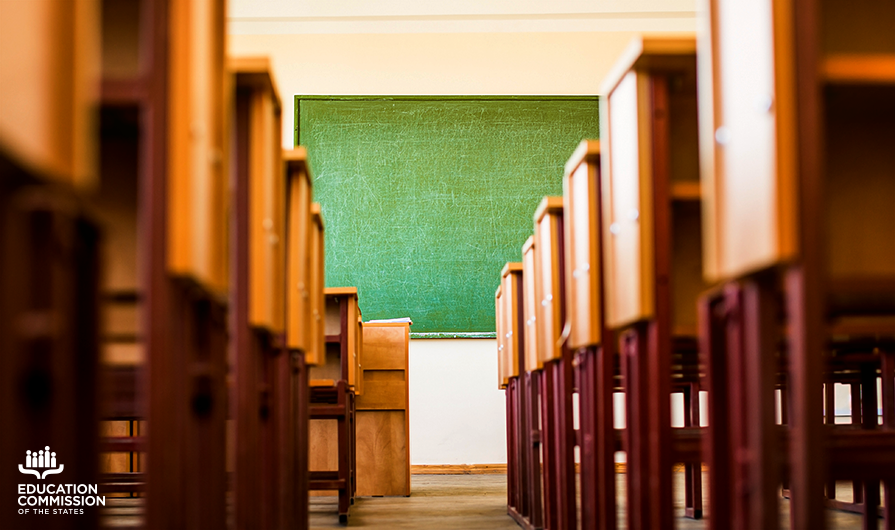In the year since the pandemic brought the country to a halt, state policymakers faced challenges transitioning to a remote work and schooling environment and began to lay the groundwork for long-term recovery. At each step along the way, Education Commission of the States has served the people behind the policy by ensuring states have the information they need to make informed decisions. Information requests are one way we provide research and counsel to our constituents as they address pressing issues in their states.
Since the shutdown, we have responded to over 560 requests for information from state policymakers, media outlets and other education stakeholders, with nearly 130 of them in 2021 alone. We frequently review these requests to identify similar challenges states are facing across the country. In February, state policymakers had questions about key issues related to student learning loss and equitable student transitions because of the uncertainty caused by the pandemic.
Preliminary learning loss data coupled with other state efforts to assess student progress will provide states with a more complete picture of student performance to better target resources and interventions. With this data in hand, some states are asking for information about the best ways to help students get caught up, and fast. In responses prepared for legislative staff, state education agency personnel and state board of education members, ECS staff highlighted research that emphasized intensive tutoring and increased instructional time as important levers to accelerate student learning.
ECS policy staff also identified promising state legislative examples in Tennessee and Minnesota. Tennessee House Bill 7004 and Senate Bill 7002 require the department of education to establish and administer a learning loss remediation program to support after-school learning mini-camps, learning loss bridge camps and summer learning camps. Minnesota Senate File 64 would create math and reading corps to provide services to students whose learning has been impacted by the pandemic.
In addition to learning loss, students have had difficulties satisfying graduation and college admissions requirements, leading many states, governing boards and institutions to implement graduation requirement waivers and test-optional admissions policies. Following the immediate response to the conditions of the pandemic, states have shifted their focus to long-term changes to student transition policies.
Policymakers have expressed an interest in implementing direct admissions policies for state institutions as a means to drive more equitable access to higher education. These policies allow students who meet minimum criteria to receive automatic admission into state universities and are viewed as a low-cost option to increase access. For example, Illinois passed H.B. 26 in 2019, which requires each public university to admit first-time freshman applications with a GPA in the top 10% of the student’s high school.
State policymakers continue to address policy issues across the P-20 spectrum, and ECS is here to answer your questions and serve as a trusted advisor. For more information on state efforts to address the impact of the COVID-19 pandemic, consult our key issue page.










